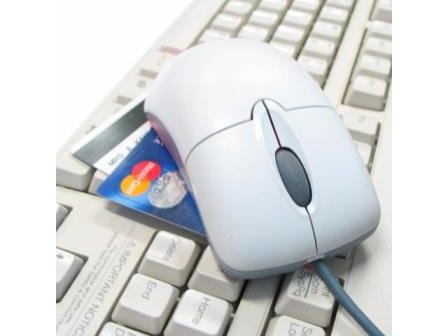UK phishing scams up 16-fold in 12 months
Overall 55% rise in bank frauds

The number of phishing scams in the UK is up by a staggering 1,521 per cent during the past year, new figures show.
The huge increase in phishing works out to 5,059 scams reported in the first six months of 2006, compared with 312 incidents over the same time period last year - in other words, more than 16 times higher over the same six-month period.
Apacs , the UK payments association, said this number had contributed to an overall increase of 55 per cent in all incidences of bank fraud.
Typical phishing scams rely on a spoofed website, made to look like the site of a bank or popular website, such as Amazon or eBay , where the unsuspecting user submits sensitive personal information including bank or credit card details.
There is also a 55 per cent rise in losses from online banking fraud, equating to £22.5m in the first half of this year.
Sandra Quinn, director of communications at Apacs, said: "It was inevitable that online banking fraud would go up.
"Most of the increase in online banking fraud is due to the huge hike in the number of phishing scams being launched but in real terms the number of people falling for phishing scams has actually gone up less than last year's figures showed," she said.
Get daily insight, inspiration and deals in your inbox
Sign up for breaking news, reviews, opinion, top tech deals, and more.
It appears people are getting wise to phishing scams at last. "I would worry if online banking [fraud] had gone up the same amount as phishing as this would indicate every phishing incident had caused an incident of fraud," Quinn said.
Cash machine fraud was up 37 per cent for the first six months in 2006, compared with the same period in 2005. Quinn said fraudsters are now moving from the retailers to cash machines as chip and PIN has stopped fake cards being used in shops.
Quinn added that when the research was done not all cash machines were using the chip and PIN technology, so this figure is expected to decrease in the second half of this year.